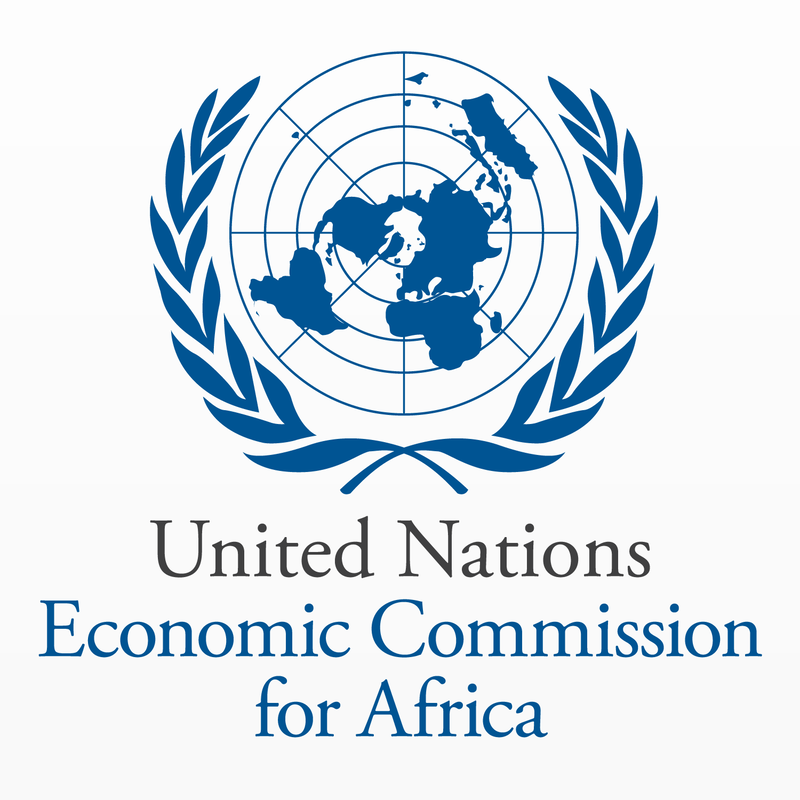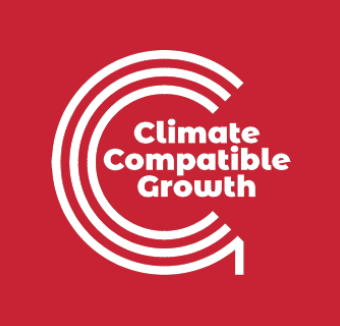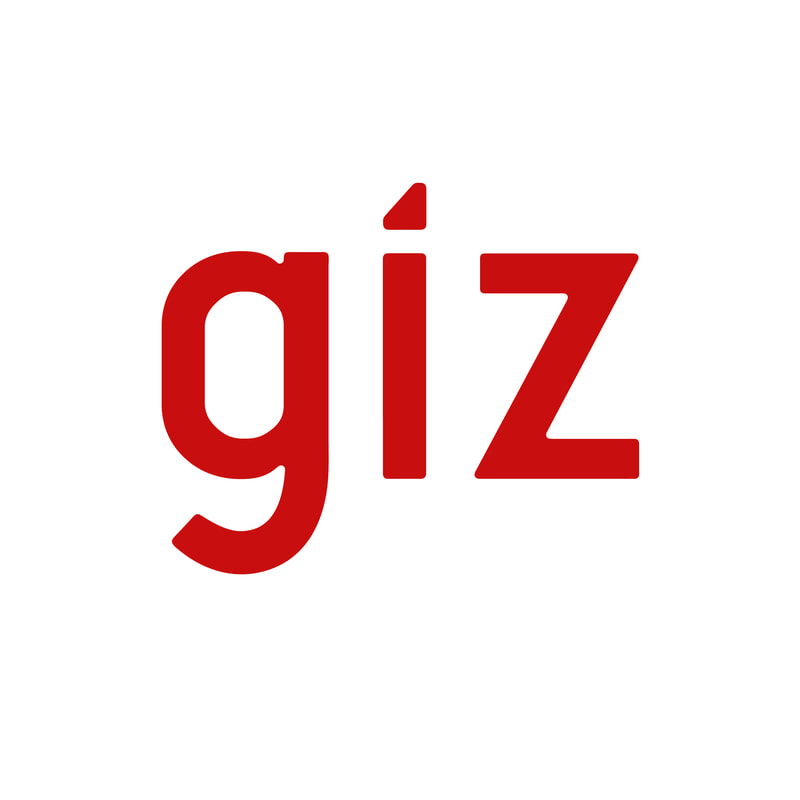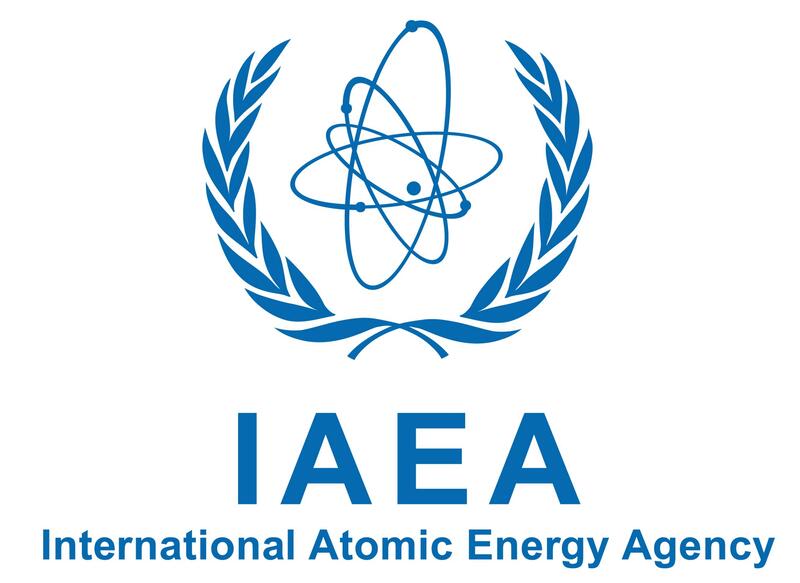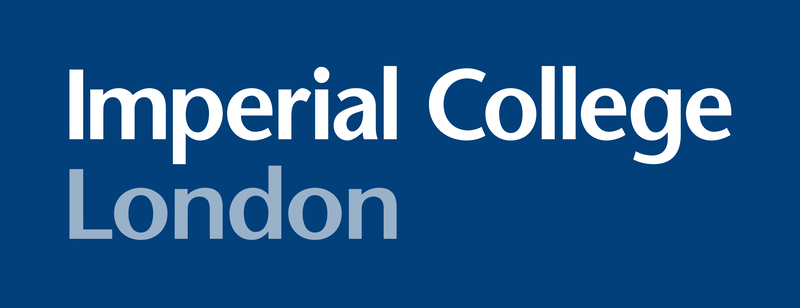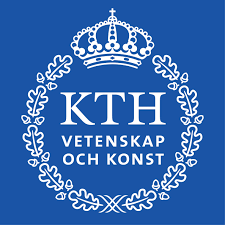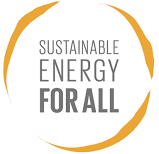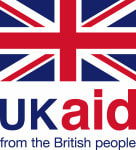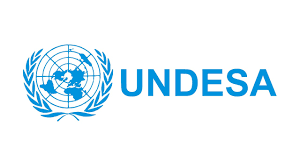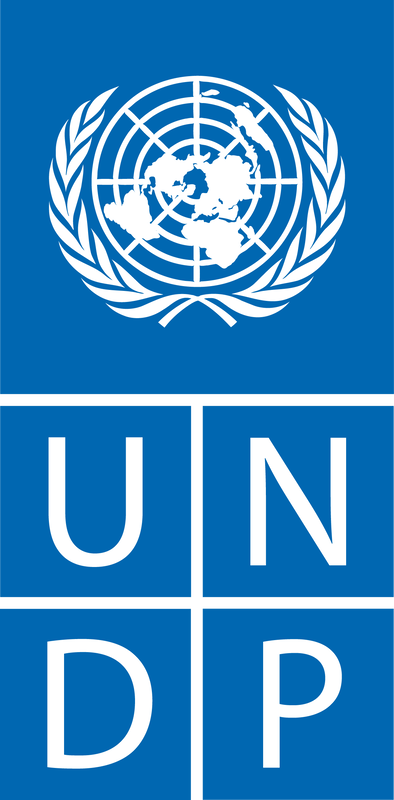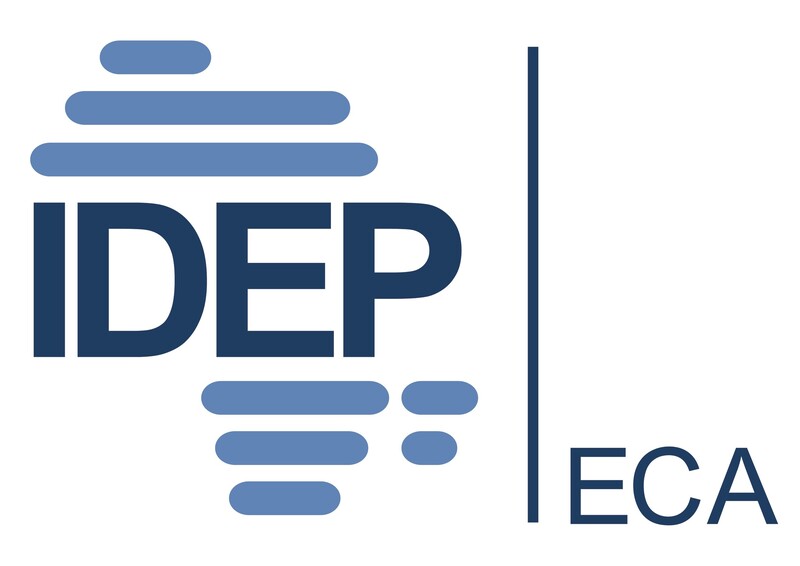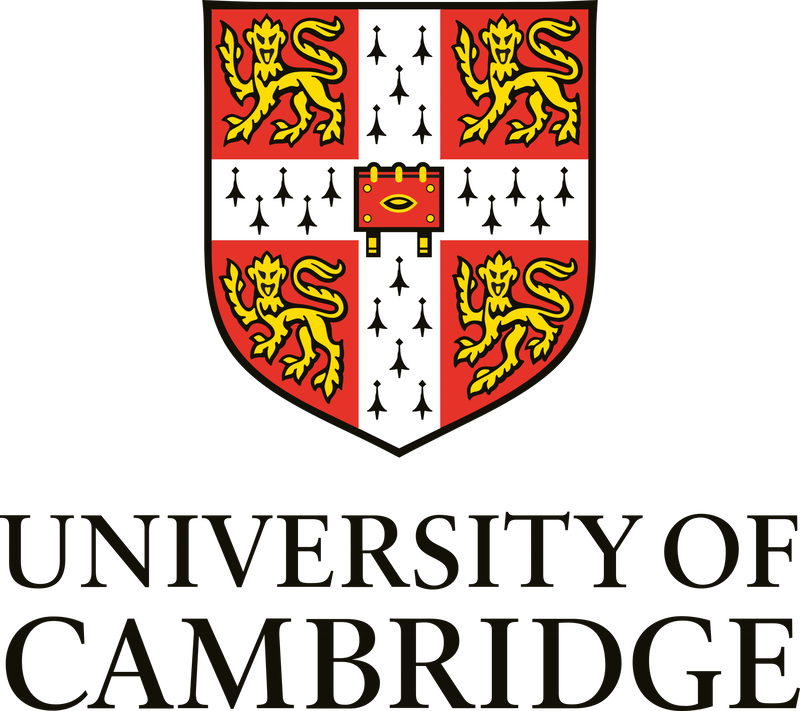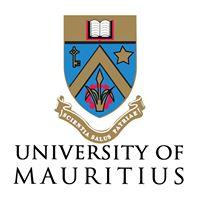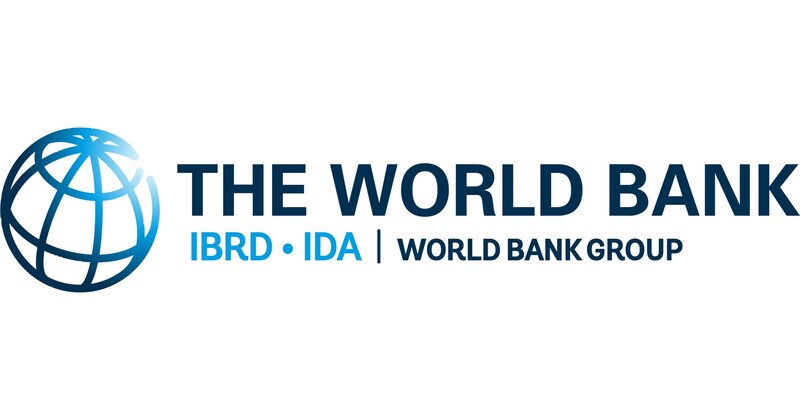EMP - Africa 2021
The main objective of the EMP-A 2021 is to contribute to creating optimised investments for the energy transition in Africa to meet the continent’s growing demand for low-carbon, inclusive, and climate-resilient development pathways whilst accessing its large resource base. It is an excellent opportunity to acquire free training, access to discussion forums, and coaching skills in models and tools for energy planning needs.
Although the EMP-A acknowledges that different countries and regions within Africa will require context-specific approaches, the overarching objectives of the platform are to:
Although the EMP-A acknowledges that different countries and regions within Africa will require context-specific approaches, the overarching objectives of the platform are to:
- Gather the energy planning and modelling community in Africa to share experiences, models, and data in climate, land, energy, and water systems.
- Support human and institutional capacity in Africa for integrated energy modelling and investment planning.
- Support the development of centres of excellence for energy planning in Africa.
- Promote efficient and widespread use of open-source modelling tools to support the implementation of the SDGs, the Paris Agreement, and Africa’s Agenda 2063.
In light of the COVID-19 pandemic, this year’s EMP-A will be a fully online event from 22nd November to 10th December 2021.
During the EMP-A 2021, participants will acquire energy and resource modelling skills using one of the following open-source modelling tools for sustainable development pathways under leading academics and researchers in the field of model-informed development strategies. There are five tracks. They will focus on:
During the EMP-A 2021, participants will acquire energy and resource modelling skills using one of the following open-source modelling tools for sustainable development pathways under leading academics and researchers in the field of model-informed development strategies. There are five tracks. They will focus on:
- OnSSET / The Global Electrification Platform
- Energy and Flexibility Modelling: OSeMOSYS & IRENA FlexTool
- FinPlan (Financial Planning of Energy Infrastructure) and Investment Pipelines
- MAED and Energy Balance Studio
- Introduction to CLEWS: Climate, Land-Use, Energy and Water Systems
Each course has two parts:
- Self-paced study (until the end of Week 1, the 26th of November).
- In-depth hands-on training (Week 2 - from 29th Nov to 3rd Dec). Following this, applicants are expected to develop and present a policy note, a poster, and an 'elevator pitch' presentation for a senior decision-maker in Week 3.
- A High-Level Strategic Dialogue of government officials, representatives of international organisations, and the expert community on planning and policies for national and sustainable development for the 2030 Agenda. This strategic dialogue is scheduled to occur on the 9th of December.
- A complementary event organised by the FCDO – Seventh Roundtable Discussion on Strategic Energy Planning. This event is scheduled to occur on the 10th of December.
A full press release can be found on United Nations Economic Commission for Africa (UNECA) website here.
STRUCTURE
FURTHER INFORMATION
The EMP-A 2021 Concept Note can be found here.
The Application Form for EMP-A 2021 can be found here.
The Application Form for EMP-A 2021 can be found here.
PARTNERS OF EMP-A 2021
In alphabetical order:
African Climate Policy Centre - United Nations Economic Commission for Africa (ACPC-UNECA), Climate Compatible Growth Programme (#CCG), Deutsche Gesellschaft für Internationale Zusammenarbeit (GIZ), Energy Sector Management Assistance Program (ESMAP), International Atomic Energy Agency (IAEA), International Renewable Energy Agency (IRENA), Imperial College London (ICL), KTH Royal Institute of Technology (KTH), OpTIMUS Community of Practice, Simon Fraser University, Sustainable Energy for All (SEforALL), The Loughborough Centre for Sustainable Transitions: Energy, Environment, and Resilience (STEER), The Open University (OU), United Kingdom Foreign, Commonwealth and Development Office (UK FCDO), United Nations Department of Economic and Social Affairs (UNDESA), United Nations Development Programme (UNDP), United Nations African Institute for Economic Development and Planning (UN-IDEP), University of Cambridge, University of Mauritius, University of Oxford, World Bank Group (WBG)
African Climate Policy Centre - United Nations Economic Commission for Africa (ACPC-UNECA), Climate Compatible Growth Programme (#CCG), Deutsche Gesellschaft für Internationale Zusammenarbeit (GIZ), Energy Sector Management Assistance Program (ESMAP), International Atomic Energy Agency (IAEA), International Renewable Energy Agency (IRENA), Imperial College London (ICL), KTH Royal Institute of Technology (KTH), OpTIMUS Community of Practice, Simon Fraser University, Sustainable Energy for All (SEforALL), The Loughborough Centre for Sustainable Transitions: Energy, Environment, and Resilience (STEER), The Open University (OU), United Kingdom Foreign, Commonwealth and Development Office (UK FCDO), United Nations Department of Economic and Social Affairs (UNDESA), United Nations Development Programme (UNDP), United Nations African Institute for Economic Development and Planning (UN-IDEP), University of Cambridge, University of Mauritius, University of Oxford, World Bank Group (WBG)


